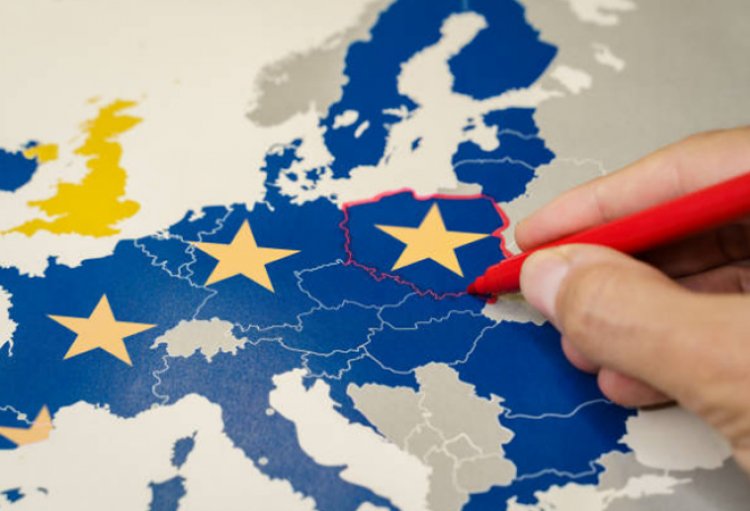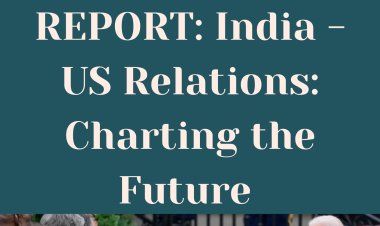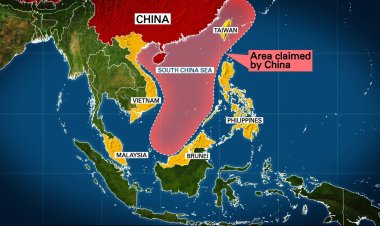Why is Poland not leaving the EU? For now...
Poland believes in the need for integration, but in a way that respects the sovereignty of states more than it does today. The exit scenario which would have to be carefully planned, prepared and backed by the will of the citizens, is meanwhile impossible, which does not exclude its potential in the medium term.

Commenatry
By Marian Duris
Commissioners of the European Union, the European Parliament and several bureaucrats have recently criticized Poland and threatened with imposing sanctions. Tensions rose. In return, the decision of the Polish Constitutional Court stated that "the EU Treaty is subordinated to the (Polish) Constitution in the Polish legal system... and, like any part of the Polish legal system, must be in accordance with the Constitution."
Supranational and European foundations, well-subsidized activists, NGOs and former European Council President Donald Tusk (now a "new politician") organized a protest in a panic and warned the Polish government not to even think about leaving the European Union. Much ado for nothing that appears to be psychological manipulation and warning by the European federalists.
Although the Polish ruling party PiS (Prawo i Sprawiedliwość / Law and Justice) denies having the intention to leave, observers are interested in Poland's mood. In addition to withstanding the geopolitical coercion to accept culturally incompatible masses of refugees, the ruling party is also criticized for reforming the judiciary, which is not as European officials imagined. In defending Poland, PiS believes that Brussels (for ideological reasons) is exceeding its authority to the detriment of nation states.
The ruling of the Polish Constitutional court will possibly encourage the national leaders to continue with reforms and set an example for other conservative-patriotic governments like Hungarian. Brussels has made it difficult for these governments because Hungary (and Poland) rejected the mandatory quotas (for accepting refugees) which is hidden in slogans about "flexible solidarity and shared responsibility" in the New Pact on Migration and Asylum. But it appears that bureaucrats of the European Commission (voting for the New Pact) will not share anything. The whole burden possibly will be on citizens of the Member states and their wallets.
Anyway, Europe should not expect Warsaw to leave the European Union at the moment. It does not want to leave, nor can really afford it without affecting the economy, society and living standards in an unpleasant way. This is despite the fact that it is the strongest economy in the region of Central Europe with 40 million inhabitants. The high degree of dependence on other Member states and investments from countries such as Germany narrows the room for geopolitical maneuvering. Therefore, Poland rather hopes that its rhetoric and actions will affect a region that can be a potential part of the Three Seas Initiative.
President Andrzej Duda and PM Mateusz Morawiecki have outlined the concept of a "Europe of Homelands" that would apply to countries trying to regain sovereignty over sociocultural policy-making and justice. Jaroslaw A. Kaczyński and his resignation as Deputy PM is also a signal that the EU will not have an easy time with the Poles. Central Europe is relatively more ethnically homogeneous and have different historical experiences than Western European countries. Therefore, it is natural that their view of the functioning of society and family policy is not the same. However, when we talk about democracy, these differences should be respected instead of being attacked for ideological reasons.
Poland believes in the need for integration, but in a way that respects the sovereignty of states more than it does today. The exit scenario which would have to be carefully planned, prepared and backed by the will of the citizens, is meanwhile impossible, which does not exclude its potential in the medium term. The strategy of "regional counterbalance" plan now seems more realistic. The EU will therefore probably not see Warsaw's immediate departure from the Union led by Western powers. However, regional convergence of states around the Central European axis may become a not quite pleasant challenge to the cohesion of the bloc.
Disclaimer: This paper is the authors' individual scholastic contribution and does not necessarily reflect the organisation’s viewpoint.























